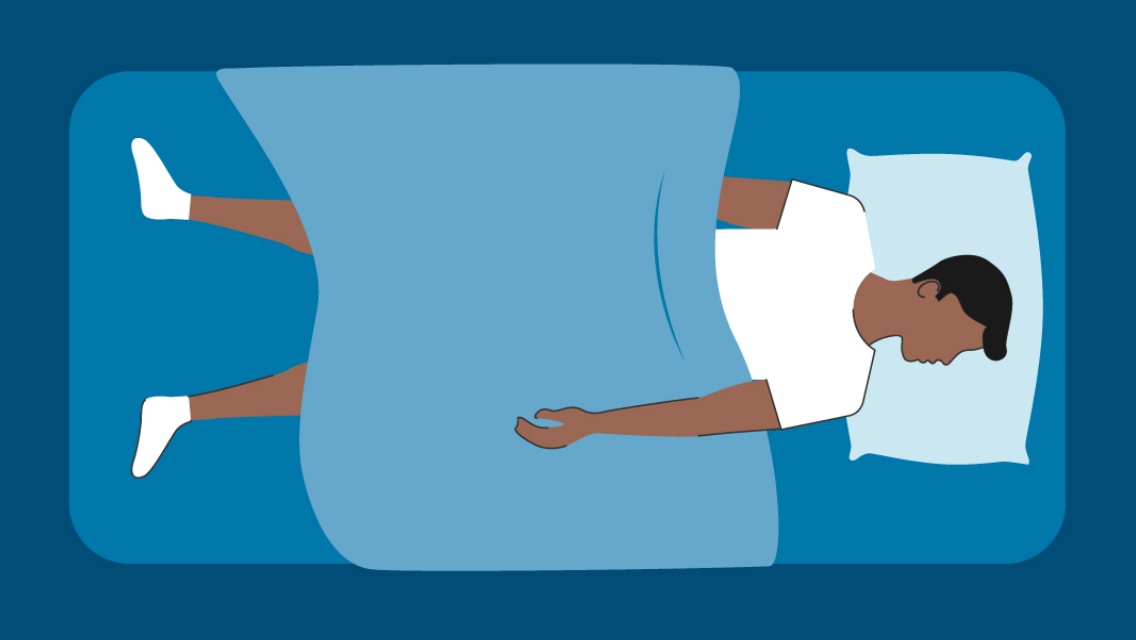Optimal sleep is one of the primary and often-overlooked drivers of health and wellness. It’s tied to everything from your risk of diabetes and cardiovascular disease to mental wellness, hormone balance, and body composition.
Melatonin is a popular supplement option for those looking to optimize their sleep. It’s been found that the number of people using melatonin has more than doubled in the past decade.
Here’s a review of what you need to know if you’re considering supplementing with it.
What Melatonin Does
The most well-known substance that can shift our circadian rhythm is melatonin, an antioxidant and hormone involved in sleep that is naturally secreted about two hours prior to slumber.
Under normal conditions, when melatonin is released in the evening, it helps our bodies prepare for overnight rest.
When taken as a supplement in the evening, melatonin can help restore a more normal pattern of your biological clock, especially in circumstances that shift your circadian rhythm, such as shift work or traveling across time zones.
One interesting thing to note is that melatonin has some temperature-lowering effects in the body — and cooler temperatures are associated with improved sleep.
Research suggests that melatonin’s greatest impact on sleep comes from reducing the amount of time it takes to fall asleep, with mixed results on actual sleep quality and duration.
When to Take Melatonin
The ideal time to take it varies based on the type of melatonin and supplement form being used, but it can be helpful to trial various ways to time it — just before bed, 30 minutes before bed, one hour before bed — on an evening and subsequent morning where you have a flexible schedule to see what works best for you.
How Much Melatonin to Take
The effective dose varies widely from person to person, but anywhere from 0.5 mg to 6 mg is commonly used. Note that the impact isn’t always dose-dependent, and more does not always mean better.
Best practice is to start on the low end of the dosing range and slowly increase by a half gram or so within that range until you find the desired effect.
Current research is encouraging in that it does not suggest that using melatonin builds up a tolerance or dependence on it.
Note: Always consult your health care provider before starting any new supplementation. Melatonin may interact with certain medications, such as blood thinners and seizure medications, for example.
Individual Variation
It’s also important to consider that melatonin has varying impacts on different populations.
For example, smokers might not see as much of an effect from melatonin supplementation. It’s thought that certain compounds inhaled incite changes to one of the enzyme systems involved in the body’s processing of melatonin. On the other hand, the older population, which tends to have naturally lower levels, might experience a more noticeable impact from it.
One of the biggest predictors of how well melatonin works for an individual is the degree of severity of their insomnia. Those who are suffering the most might find it more beneficial.
Other Potential Benefits
Melatonin might help with more than just sleep.
One study in postmenopausal women showed that using melatonin for the long term (to the tune of one year) resulted in better body composition due to an increase in lean mass and a loss of body fat.
Another study of individuals with type 2 diabetes who had trouble sleeping showed that melatonin use was associated with lower levels of hemoglobin A1C, a three-month marker of blood-sugar regulation.
Other studies have identified links between melatonin and antioxidant activity, inflammation reduction, anti-cancer effects, and even improvements in digestive issues, such as stomach ulcers and heartburn.
Due to its effect on the circadian rhythm, research on melatonin shows that it often can be successfully used as part of a treatment plan in mood disorders as well.
Ways to Enhance its Effect
Your body decreases melatonin production with light exposure. The best natural production of it happens when it’s dark.
To get a more powerful synergist effect, combine melatonin supplementation with purposeful sunlight exposure in the morning and daytime and consistent avoidance of overhead light (especially fluorescent lights) and screens in the evening.
Secondly, consider your magnesium status, which can get depleted with stress, sugar intake, and sweating. It’s estimated that out of every 10 people, at least seven have below-optimal magnesium.
Low magnesium can contribute to poor sleep (among several other health issues). Periodically pairing melatonin with a core supplement routine that includes magnesium supplementation in the evening can be impactful as well.
For those looking to bolster the antioxidant and anti-inflammatory impacts of melatonin, combining it with vitamin C supplementation can enhance those effects as well.
Final Thoughts
If you’re using melatonin to help with sleep, remember that it’s just one piece of the puzzle.
It’s crucial to determine the underlying factor or factors of your sleep disruption so that they can be properly addressed. A warm or lit bedroom environment, an evening routine that is too stimulating, low magnesium levels, imbalances in blood sugar, or off-kilter hormones like progesterone or cortisol can all be underlying culprits.
Additionally, using substances such as caffeine and alcohol can be significant disruptors of a good night’s sleep. Be sure to limit how often you’re using them and be mindful of your timing when you do choose to partake. (Note: While alcohol can be sedating, it negatively impacts the restorative nature of sleep and can drop overnight blood sugar, which can result in tossing, turning, and sleep disruption.)
While it’s not a catch-all, cookie-cutter solution, melatonin supplementation is one tool in the toolbox to help you sleep, and getting a good night’s sleep is a top priority for health, wellness, and vitality.





